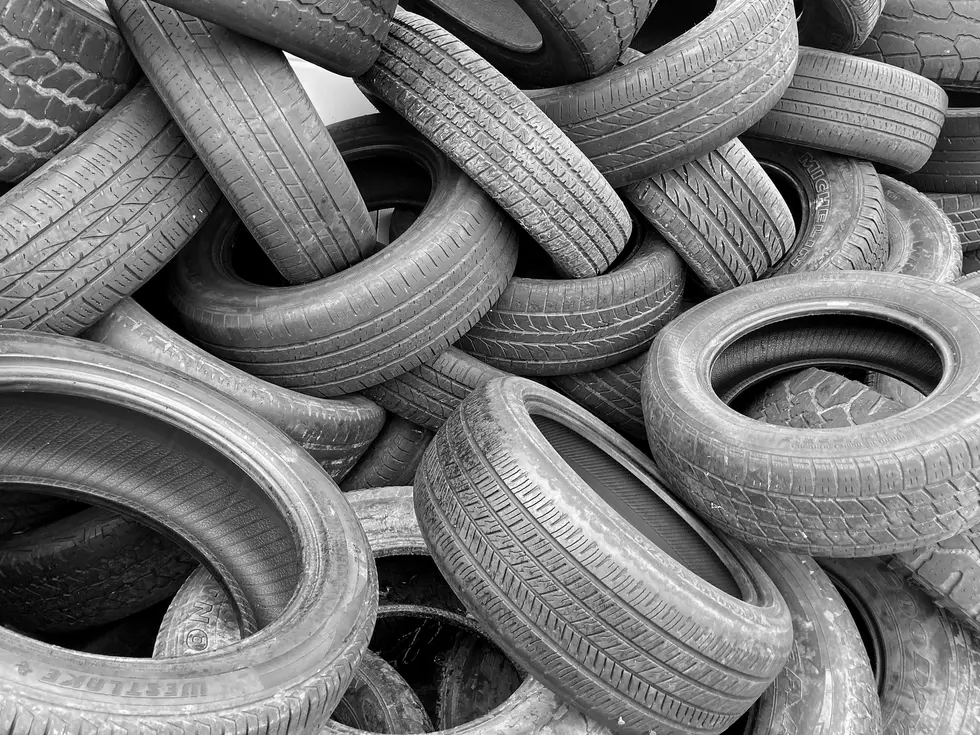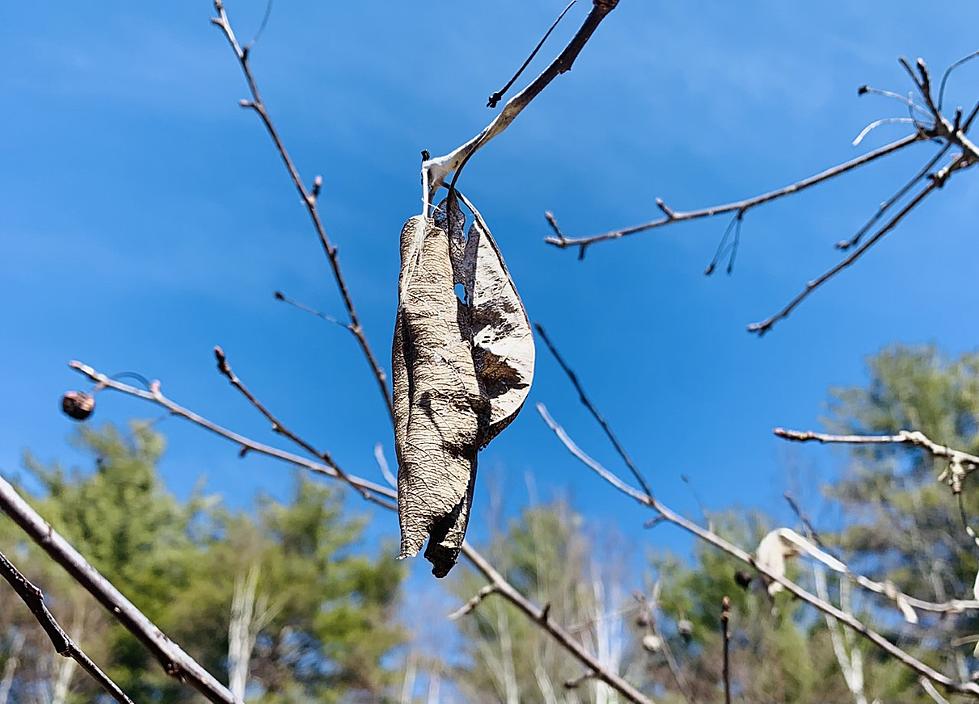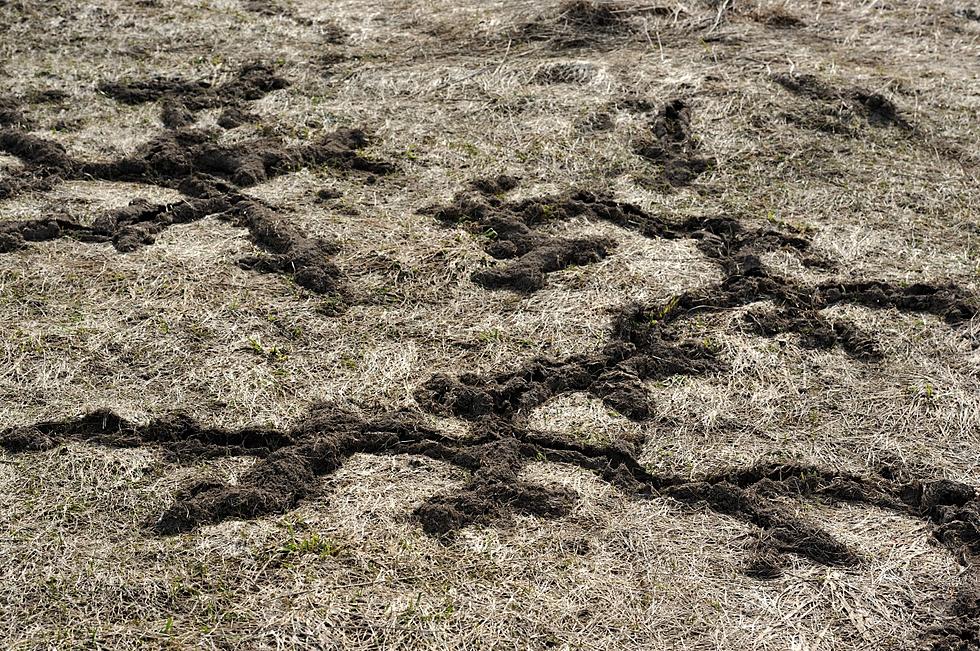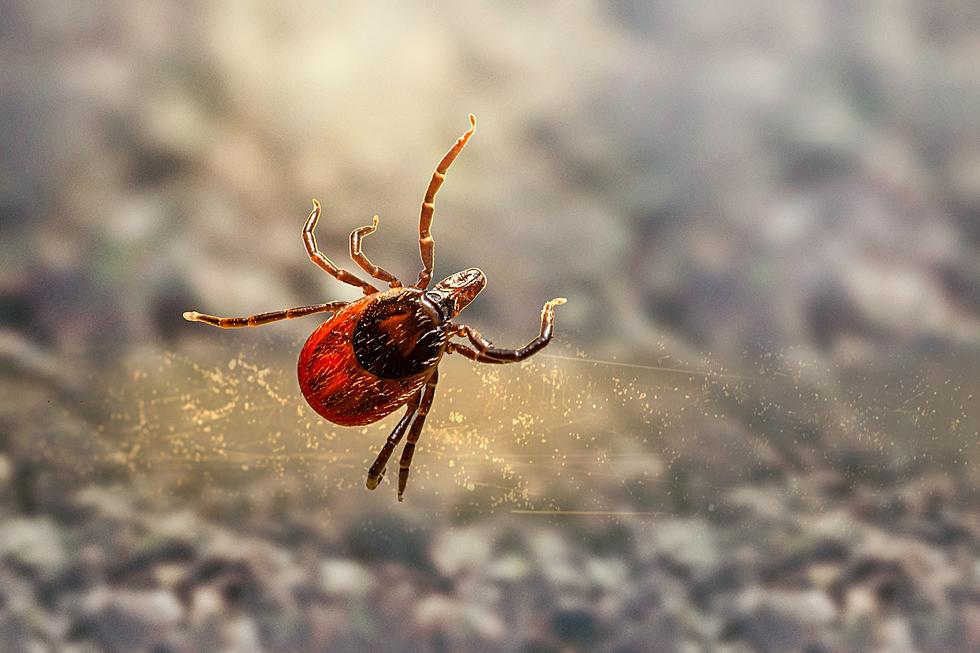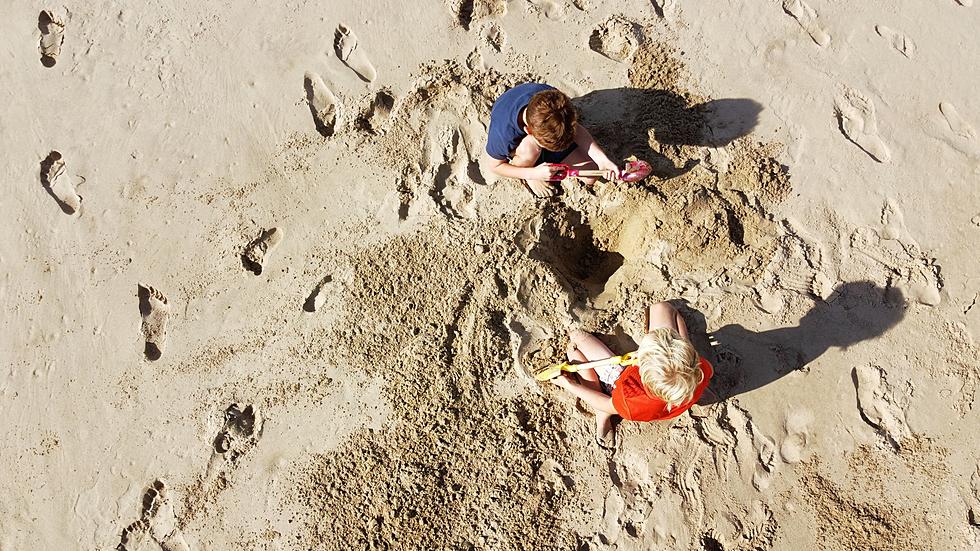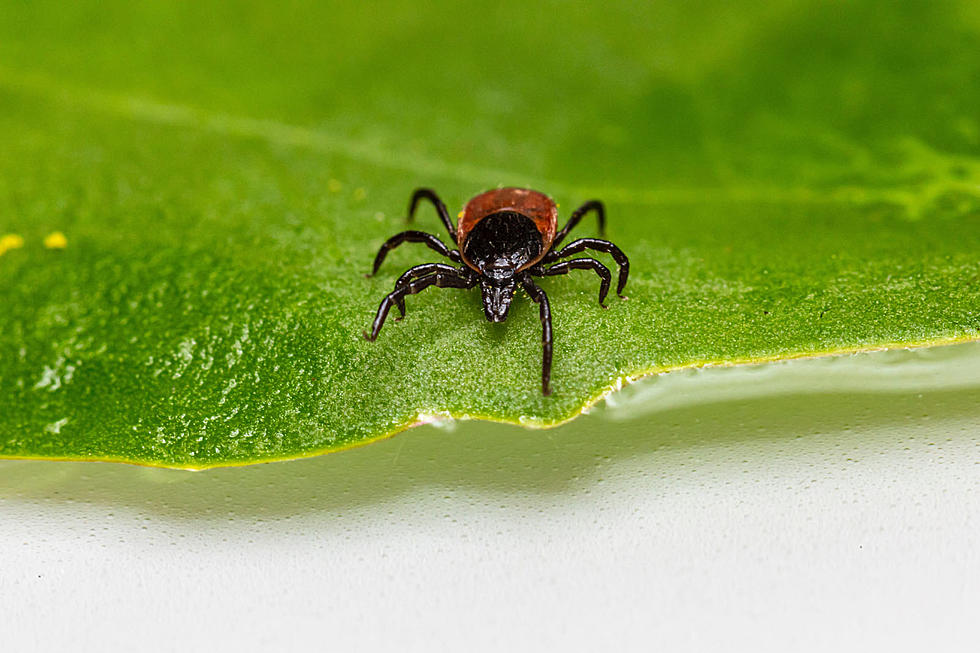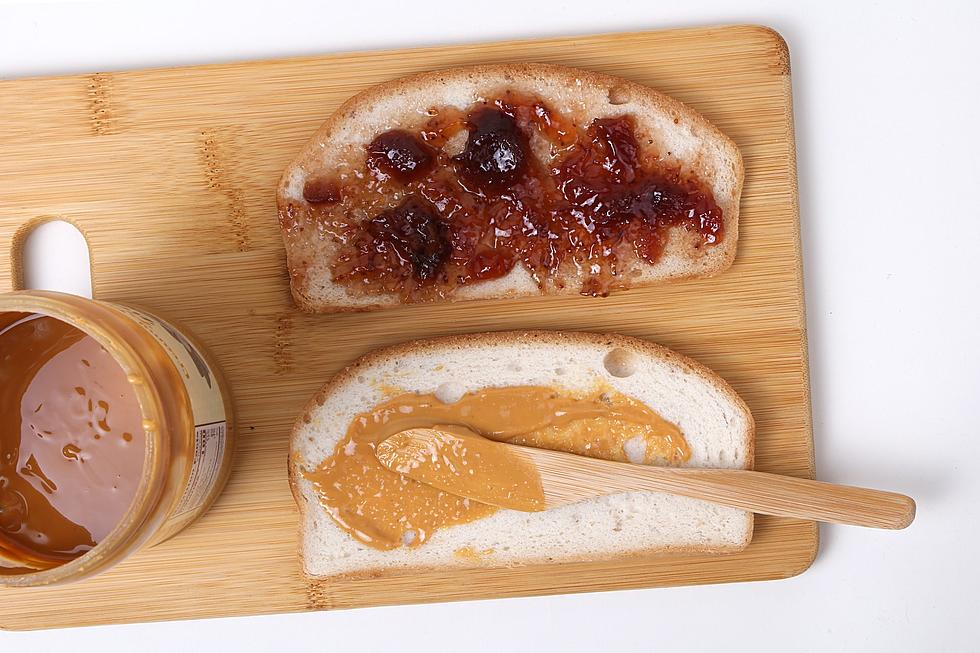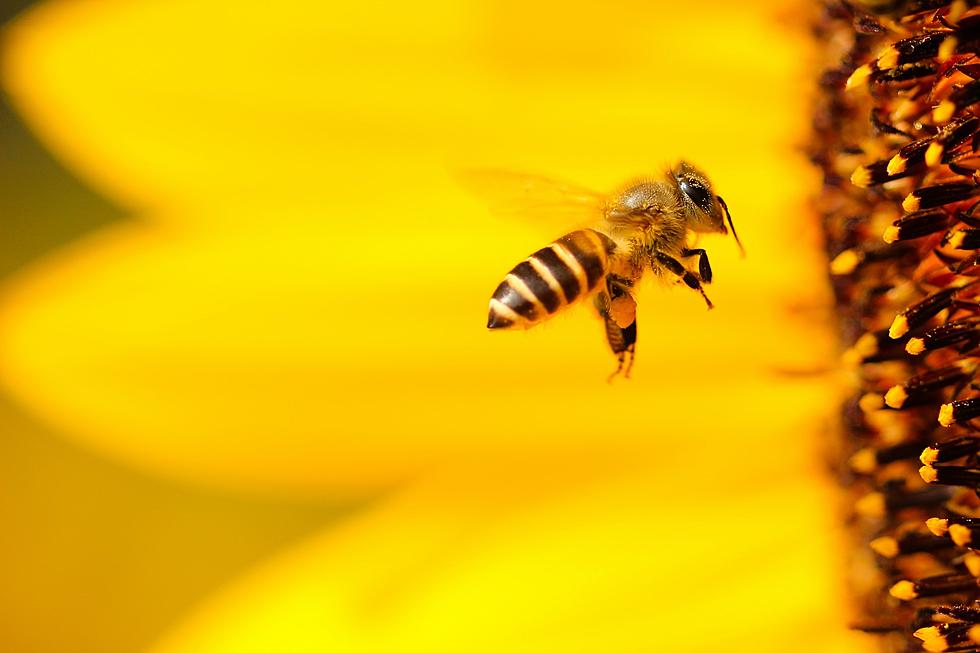
So Now Research Might Show That ‘No Mow May’ is a Bad Idea?
I was all-in on 'No Mow May'.
Mostly because I'm a lazy jerk that wants to mow the grass as little as possible. But I also recognize that trying to increase the sustainability of our pollinators is a solid plan. And that's what's at the heart of No Mow May. There's been a movement the last couple years that you shouldn't mow your lawn until June.
I will say, I feel like my lawn has been a lot greener than everyone else's by the time summer gets into full swing. I've attributed it to my lack of mowing. Not sure if it's totally true, but whatever. But now, the research is saying that, while this may be a minimal benefit to pollinators, it's a potentially huge problem for your lawn.
No Mow May might be slowly destroying your lawn.
According to News Center Maine, a study at the University of Minnesota has shown there may be only minimal benefit to the bees, but your lawn depends on composting the clippings from when you mow. It's part of the nutrients it needs to sustain itself. When you leave a foot of lawn and then cut it, the grass and soil can't process those clippings nearly as well.
There's some research being made into a new kind of grass seed that could help mitigate the issue. But there's also an idea that you can simply leave a section of your yard for the pollinators, and maintain the rest, as opposed to making your whole lawn a part-time beehive. This would give them a year round spot for their business.
At the end of day, it's hard to try and do all the things, to satisfy all the needs of everything. But if it's super bad for your lawn and provides only minimal benefits for the critters you're trying to help in the first place, what are we doing?
Explain some of these things to new Mainers, please...
You Know You're From Maine When...
The 26 Maine Towns With The Most Reported UFO Sightings
Here Are the 14 Times Bigfoot Has Been Reported in Maine
More From 600 ESPN El Paso
